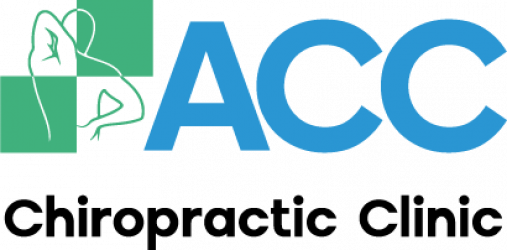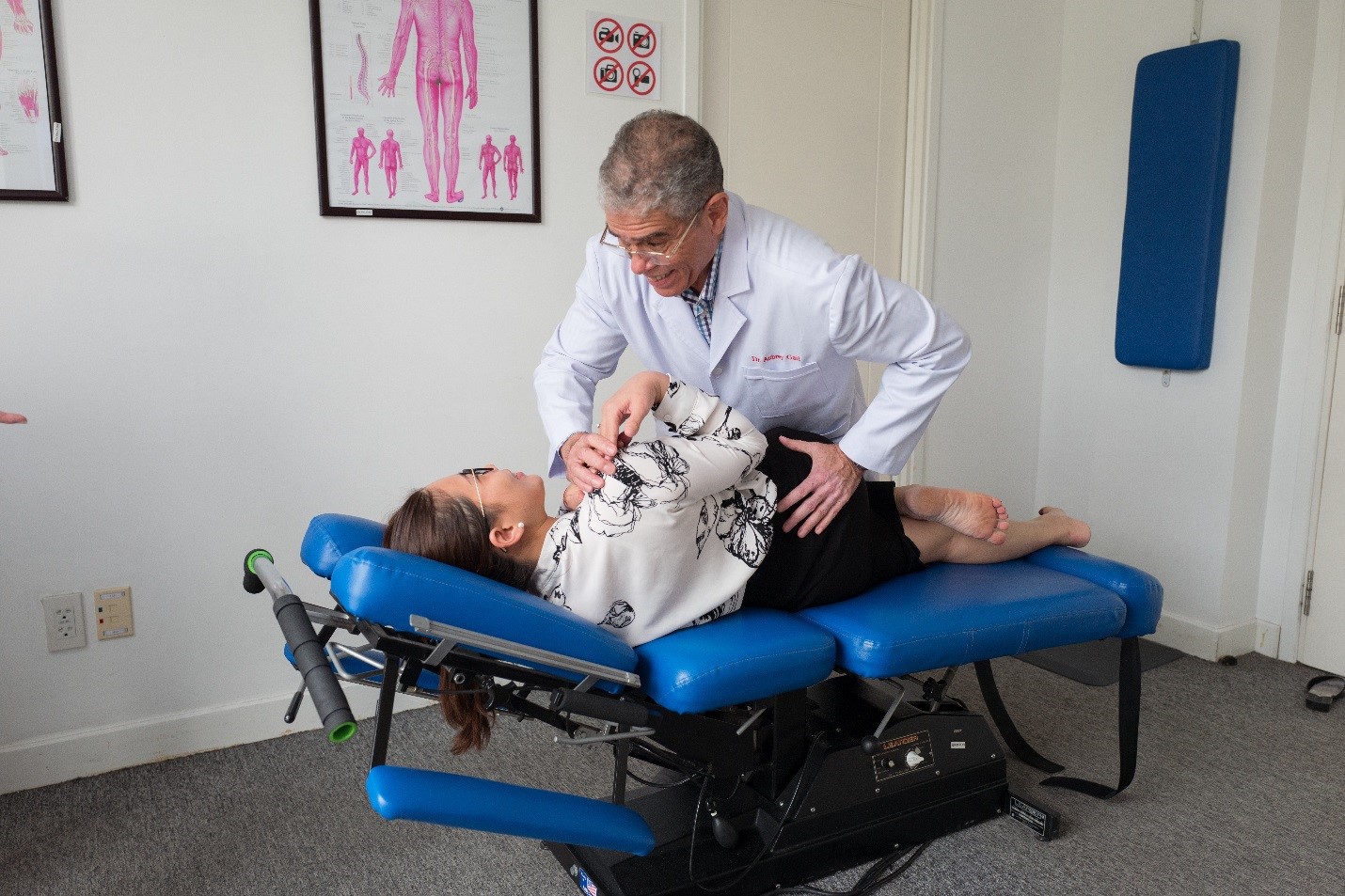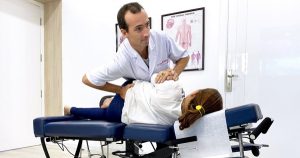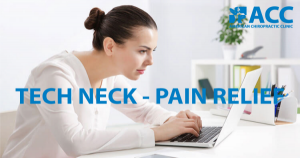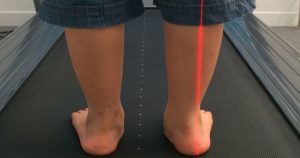Lumbar disc herniation is one of the most common spinal disorders in Viet Nam; the condition causes excruciating pain and interferes with daily activities.
A person with a herniated disc experiences pain along the spine. Initially, lumbar disc herniation does not cause extreme pain; therefore, many people ignore the early symptoms. However, the intensity of the pain will gradually increase and affect a person’s physical ability, productivity, and even mental health.
Symptoms of lumbar disc herniation
- Dull or sharp low back pain continuously or periodically.
- The pain subsides with resting but will intensify when coughing, sneezing, lying on the side, or other movements.
- Sciatica symptoms (pain, burning, tingling, and numbness that extends from the buttock into the leg or foot)
- Limited range of motion (cannot perform fully extending and/or flexing the low back.
- Altered posture to compensate for the pain. In serious cases, a person must remain immobile to prevent pain.
- Progressively, a herniated disc can lead to bowel and bladder problems, muscle atrophy, or even paralysis.
Chiropractic care for disc herniation
A damaged disc cannot heal on its own because it cannot absorb nutrients properly. Therefore, upon recognizing early symptoms, a person should seek care immediately to prevent further complications. According to doctors of Chiropractic at ACC Da Nang branch, Chiropractic care – a drug-free and non-surgical option, can effectively treat herniated discs. A basic treatment plan includes:
Chiropractic adjustment: A chiropractor uses his hand to precisely manipulate parts of the spine to restore alignment in the body, reduce pressure on the nerves, and activate the body’s self-healing organism.
Physiotherapy: Depends on specific symptoms, DTS Spinal decompression therapy, Class-IV Laser therapy, Shockwave therapy may be recommended to alleviate pain, reduce inflammation, and speed up the recovery process.
Rehabilitative program: Specialized exercises, stretches to help people with severe neurological conditions regain their normal movement and get back to their regular activities.
>> Read more: Lumbar disc herniation in young age
